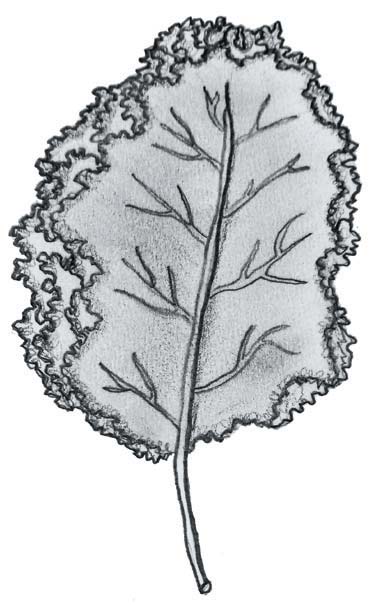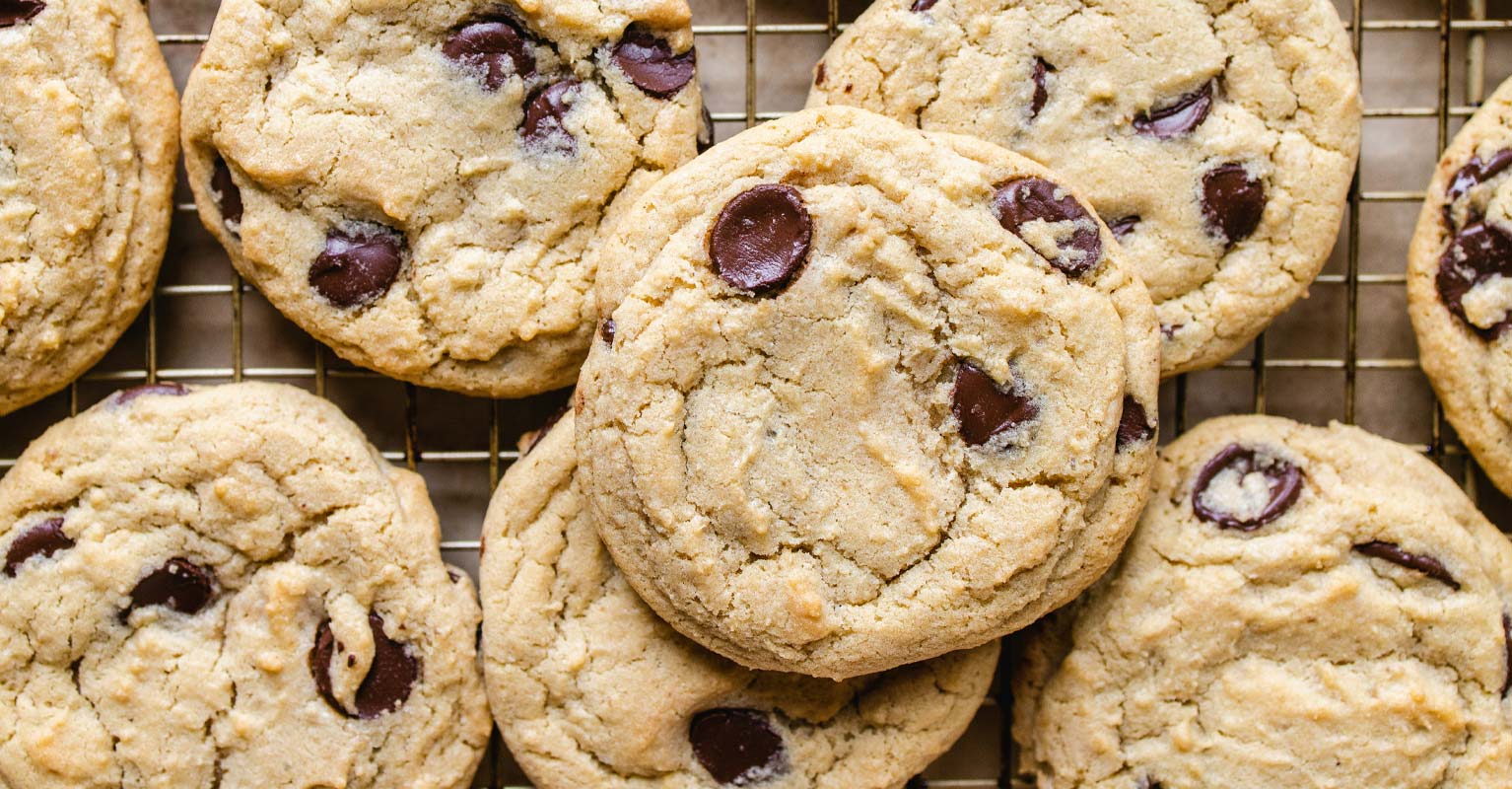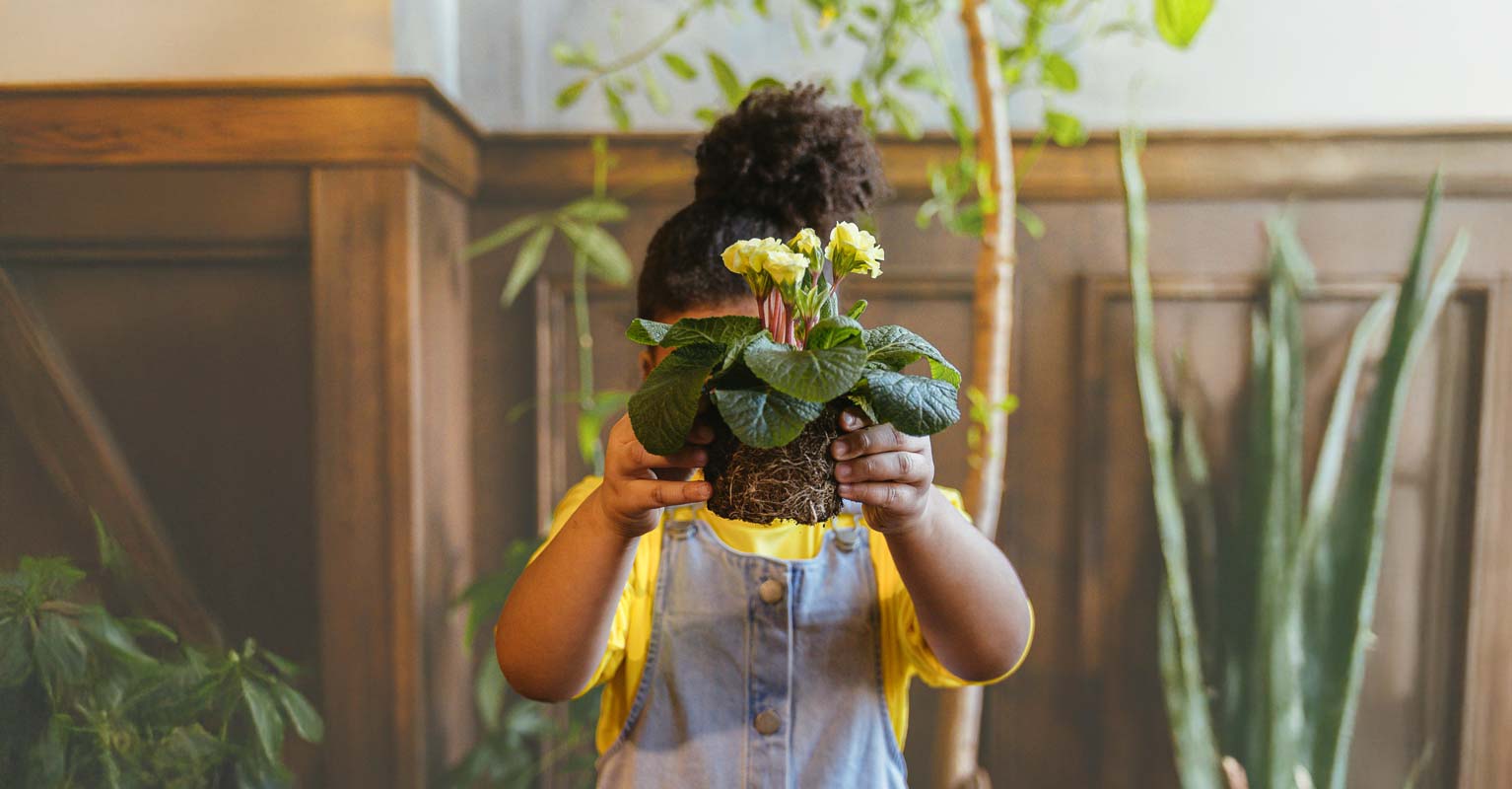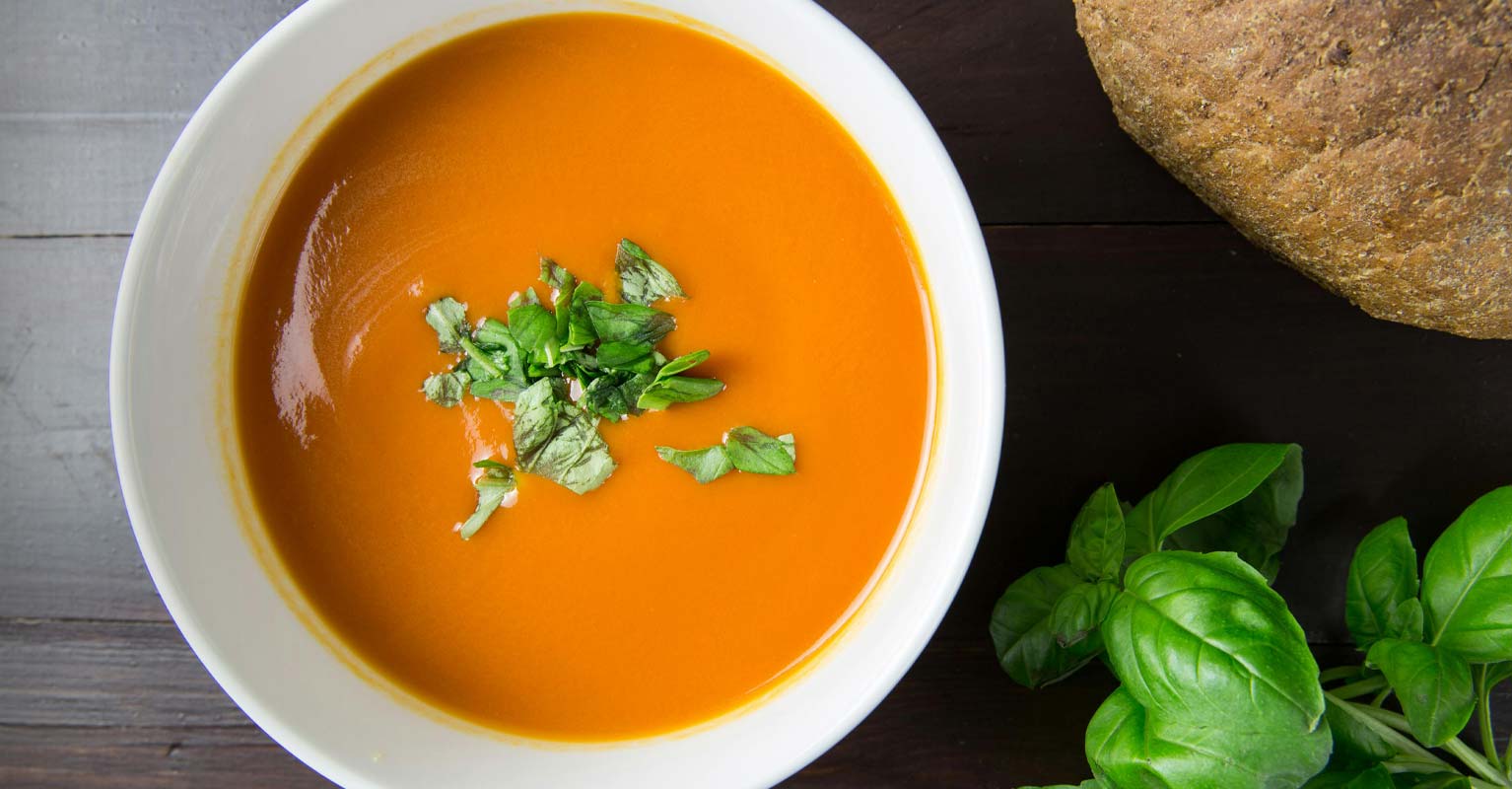
Kale salad and black coffee. What a distinctly Jerry order, anyone who knew him would say.
It was August 2016, and Uncle Jerry was in Bozeman for one night before setting out on a weeklong bike tour of southwestern Montana. It was the kind of thing he’d been doing for as long as I’d known him. A century here; a Cycle Oregon there; the Seattle to Portland most years, always in a single day. “A car is too fast, and feet are too slow,” he used to tell me. “From the seat of your bike is the best way to know a geography.”
We shared a delightful meal that evening. My wife and I had three out-of-town guests staying with us, so altogether we were six at Ale Works, everyone but Jerry drinking beer and eating hearty meals. I might have been surprised by Jerry’s kale salad if I hadn’t been watching him eat similarly for decades. At family gatherings, when I was a kid, we used to tease him about his tofu and mysterious sauces over bowls of greens as we washed down our hot dogs with Pepsi. All these years later, I looked across the table with pride and entertained some half-formed thought about who I might be at 76.
Excuse me for taking the name of this column so literally, but that was the last bite I shared with Uncle Jerry—it was the last time I saw him, too. The plan was for him to stay with us for the weekend after his ride, to share more meals, more conversation, more time. Alas, the plan was for naught.
A few days later, my phone rang with a call from an unknown number. A somber-voiced man asked me my relation to Jerome Parker. The next morning, I drove out to Dillon to collect Jerry’s things. In the car, I kept thinking about that final meal we shared. Even at the time, I had recognized it as a special dinner. Still, I knew now what Emily Dickinson meant by the lines “Death sets a Thing significant / The Eye had hurried by.” That final meal was now bound to loom large in my memory.
And how glad I was to have been afforded the memory of kale salad and black coffee, something so befitting that 1970s vegetarian, the family eccentric, who was growing his own kale back when ketchup was considered a vegetable. That evening at Ale Works, I wondered how he would have enough energy for the next day’s ride but trusted that he would. It hadn’t occurred to me that anything might slow him down, to say nothing of something as pedestrian as a heart attack. Naturally, I am reminded by these reflections that every meal I share with someone might be the last and, further, that every meal I eat could be my last. I have always found such awareness valuable insofar as I can maintain it, and I see no future in which kale salad isn’t a memento mori for me, but I am struck less now by how kale portends death than I am by how it recalls life.
By now I have come to expect Uncle Jerry’s company whenever I eat kale. There he sits in the form of his memory and his influence, each meal a shared experience with the uncle who taught me about composting back when most Portlanders still didn’t recycle; who introduced me to the life and works of that fellow eccentric Richard Feynman; who improvised a garbage-bag poncho for me when, as an adolescent, I didn’t think to bring a jacket to Mt. Hood for a day of telemark skiing (which he also taught me).
The list of things he has taught me is long, and the most recent is this: Food and our associations with it are a living bond—even with the dead.
I go to Ale Works sometimes and order the kale salad. It’s good, Jerry, isn’t it?




